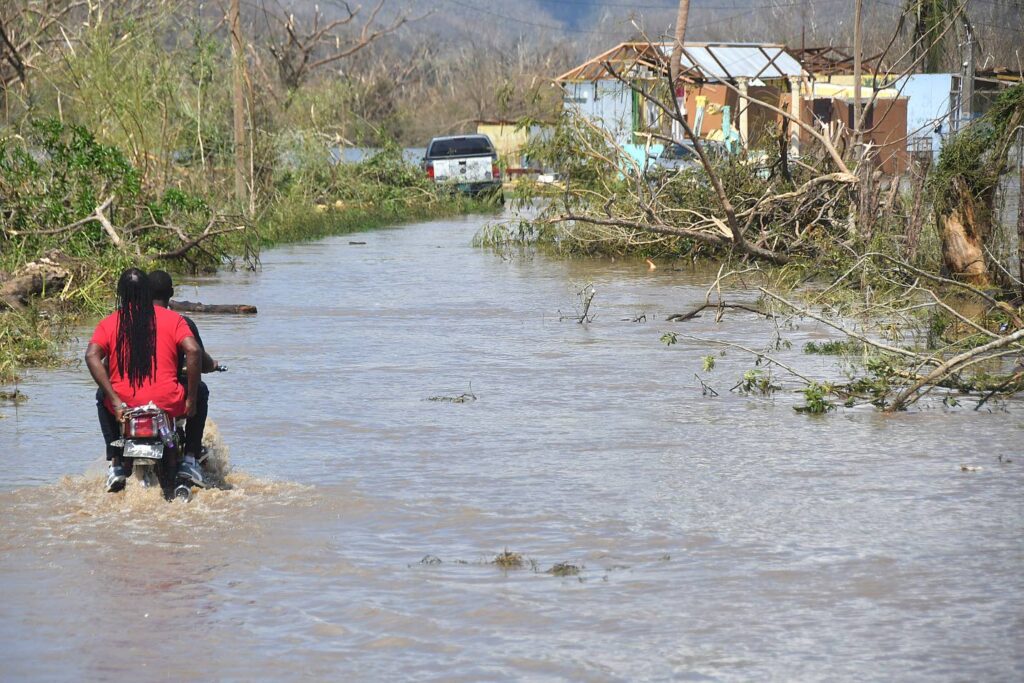The aftermath of Hurricane Melissa has brought profound emotional and logistical challenges to Jamaica, as recovery teams struggle to retrieve bodies from storm-ravaged communities. Information Minister Senator Dr. Dana Morris Dixon described the process as one of the most painful aspects of the disaster response, with some victims still trapped in inaccessible areas only reachable by helicopter. Speaking at a post-hurricane media briefing, she emphasized the emotional toll on both responders and families, as the Jamaica Defence Force (JDF) and Jamaica Constabulary Force (JCF) work tirelessly to recover bodies scattered across isolated western parishes. The death toll has risen to 32, with eight additional cases under investigation to determine if they are storm-related. Recovery efforts have been hampered by impassable roads and washed-out bridges, forcing reliance on aerial missions. Helicopters have been crucial for transporting both the deceased and emergency supplies, though unstable terrain and lack of safe landing zones have added to the complexity. Morris Dixon stressed the importance of timely reporting from local representatives, who play a critical role in identifying marooned communities and prioritizing rescue missions. Meanwhile, Minister of Labour and Social Security Pearnel Charles Jr. revealed that 25 communities remain cut off, with hundreds of families displaced and many having lost everything. The government’s relief operation has expanded into a large-scale logistical effort involving multiple agencies and international partners, including Food For the Poor and the World Food Programme. Over 40,000 relief packages have been prepared, with plans to sustain affected families in the coming weeks. Despite challenges, Charles affirmed that aid has reached every parish, with social workers, JDF soldiers, and partners working tirelessly even in areas with no connectivity.
